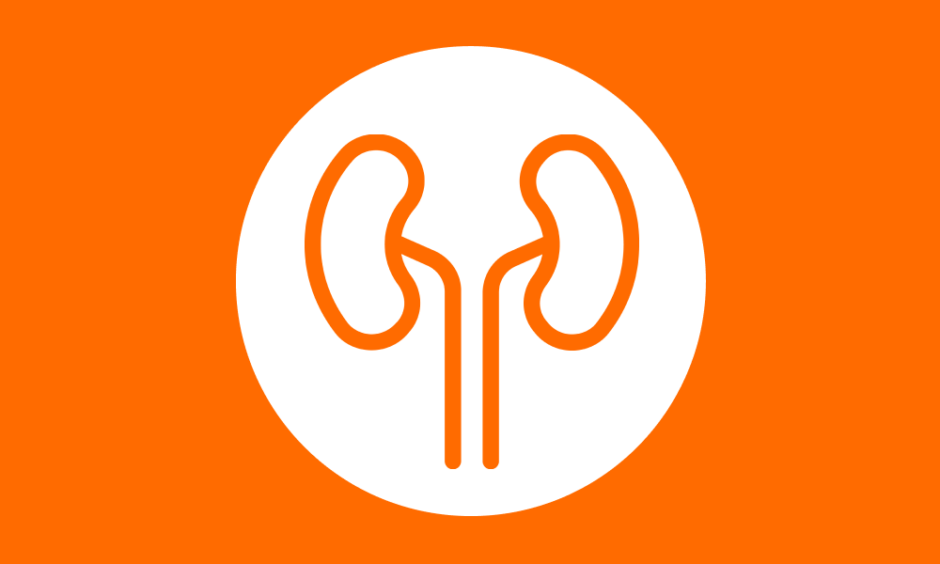PERIOPERATIVE hypothermia is a frequent complication during general anaesthesia and is linked to adverse outcomes, including surgical site infections, coagulopathy, delayed drug metabolism, prolonged hospitalisation, and cardiovascular complications.
Older patients are particularly susceptible due to reduced thermoregulatory capacity, lower metabolic rate, and diminished subcutaneous fat insulation. Procedures such as transurethral resection of the bladder (TURB) and prostate (TURP) are commonly performed in this population under general aanesthesia, often involving continuous irrigation with large fluid volumes, which further increases the risk of hypothermia.
Remimazolam’s effects on temperature control
Anaesthetic agents profoundly affect thermoregulation. Most general anaesthetics lower the thresholds for vasoconstriction and shivering, promoting core-to-peripheral heat redistribution. In contrast, midazolam and its ultrashort-acting analogue remimazolam exert milder thermoregulatory suppression, maintaining vasomotor tone and reducing heat loss. Remimazolam offers a rapid onset and offset, cardiovascular stability, and organ-independent metabolism, making it especially suitable for older patients. In comparison, volatile anaesthetics such as sevoflurane have age-dependent effects that may increase susceptibility to perioperative hypothermia.
A recent study assessed the effects of remimazolam versus sevoflurane on intraoperative and postoperative thermoregulation in older patients undergoing TURB or TURP. The findings demonstrated that remimazolam better preserved core body temperature, with a smaller mean intraoperative decrease and fewer episodes of profound hypothermia. Additionally, patients receiving remimazolam required less active warming postoperatively, supporting its thermoregulatory advantage.
Clinical implications and future directions
Maintaining normothermia during surgery reduces complications and enhances recovery, particularly in vulnerable older patients. Remimazolam’s favourable thermoregulatory profile may offer significant benefits in urological procedures and other surgeries with high heat-loss risk. Although this study focused on short-duration procedures, further research is warranted to explore remimazolam’s effects in longer operations and to compare it with other intravenous or volatile anaesthetics. Implementing remimazolam in clinical practice could contribute to improved perioperative outcomes, minimise hypothermia-related risks, and enhance patient safety in older surgical populations.
By optimising anaesthetic choice, clinicians can better safeguard thermoregulation, improving both immediate and longer-term surgical outcomes for older adults.
Reference
Choi J et al. Comparison of remimazolam and sevoflurane on perioperative body temperature changes in older patients undergoing transurethral resection of prostate or bladder tumors under general anesthesia: a randomized prospective clinical trial. Clin Interv Aging. 2025;20:1811-20.








